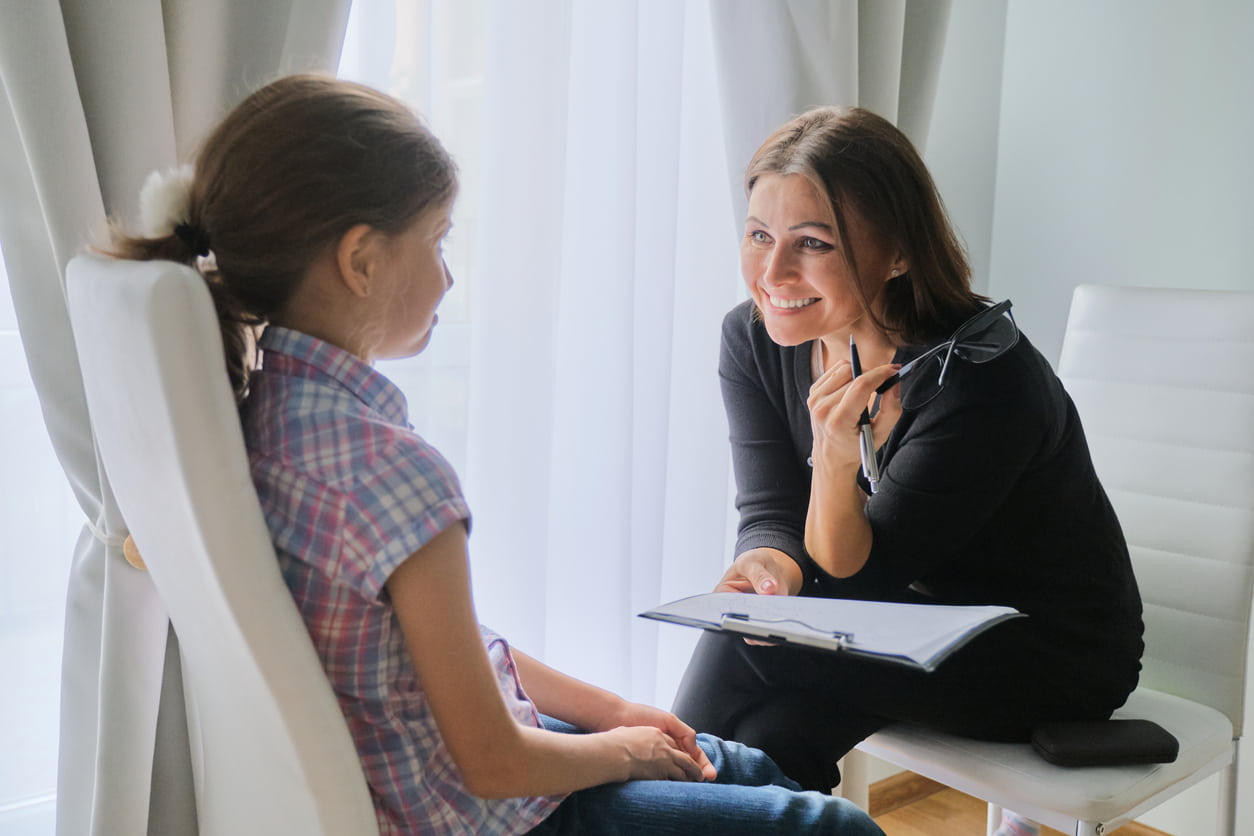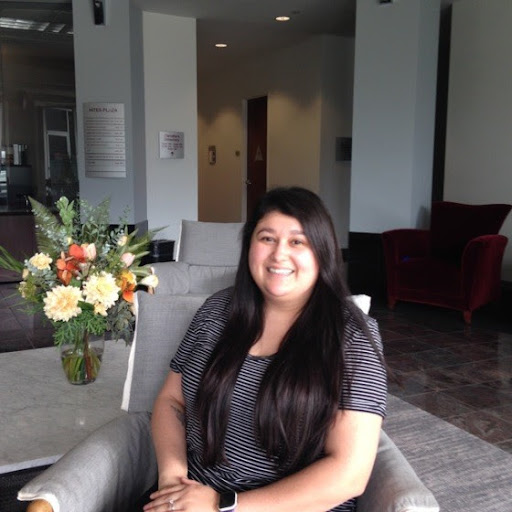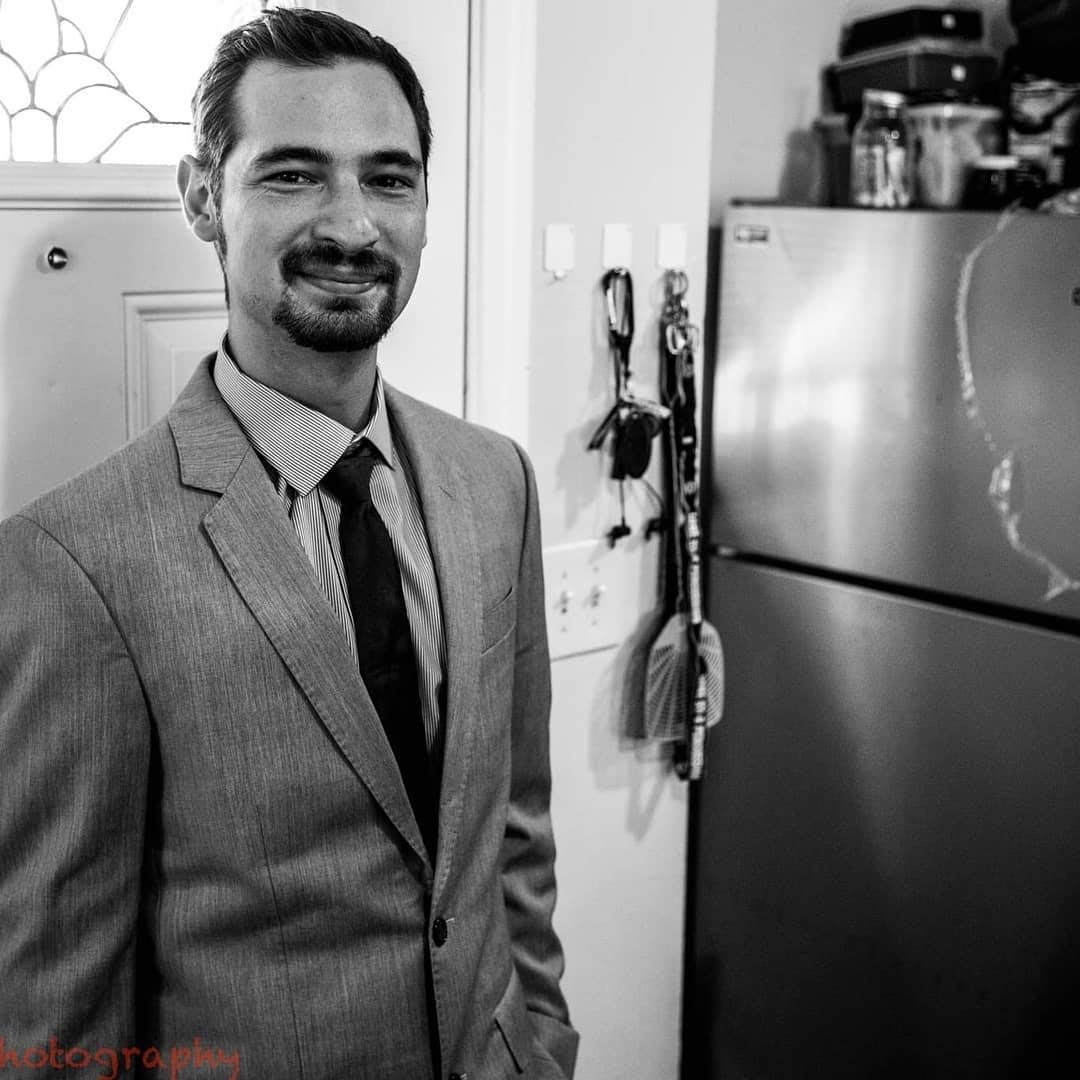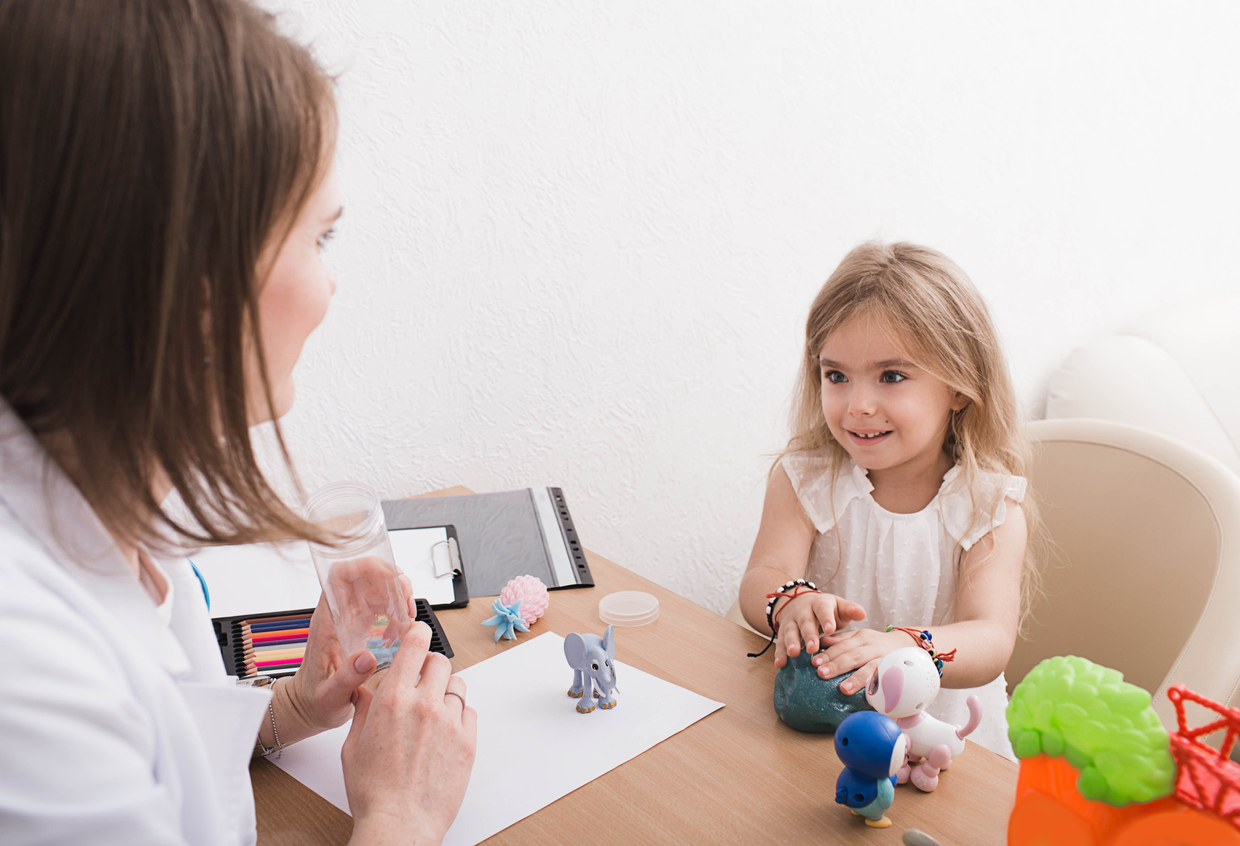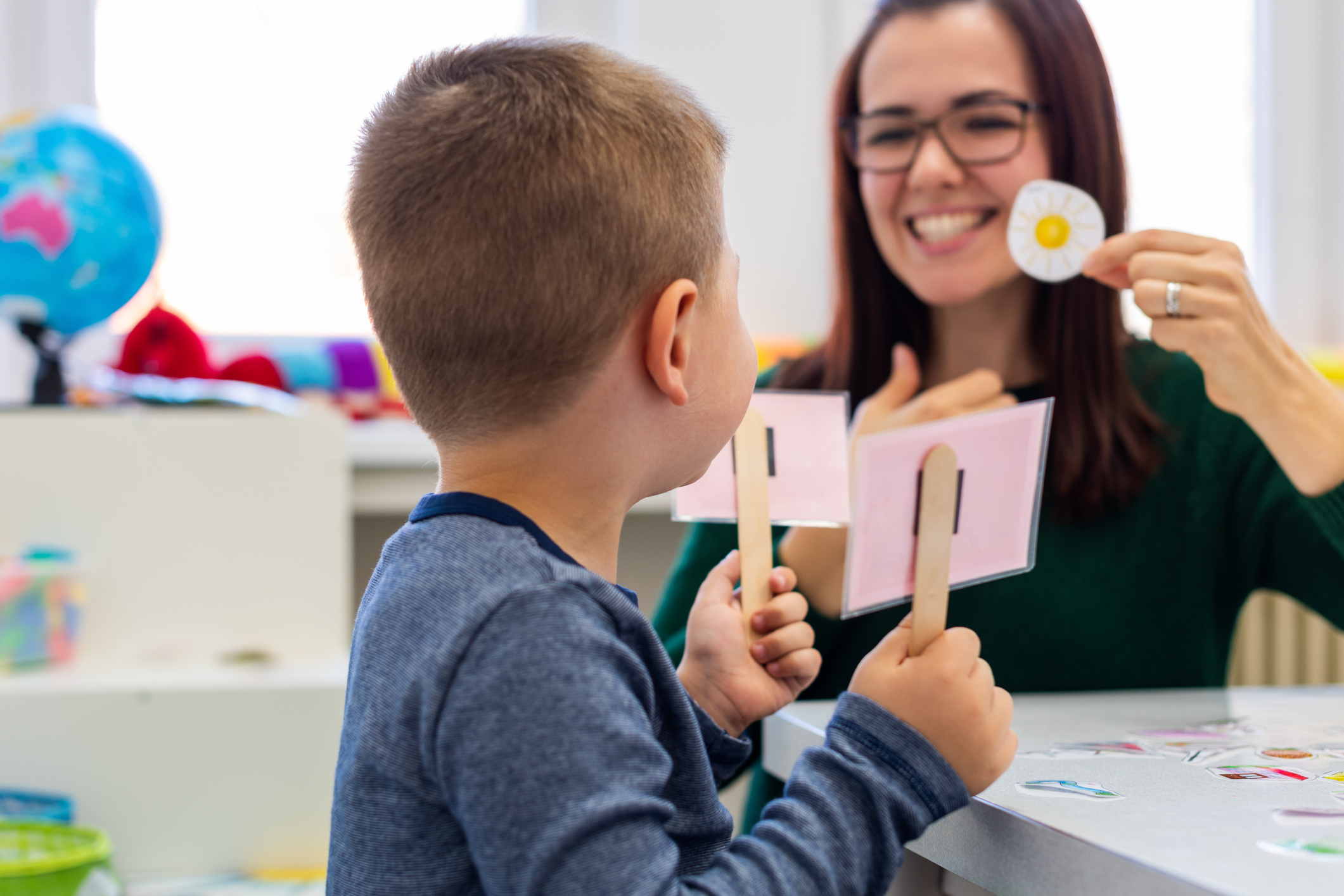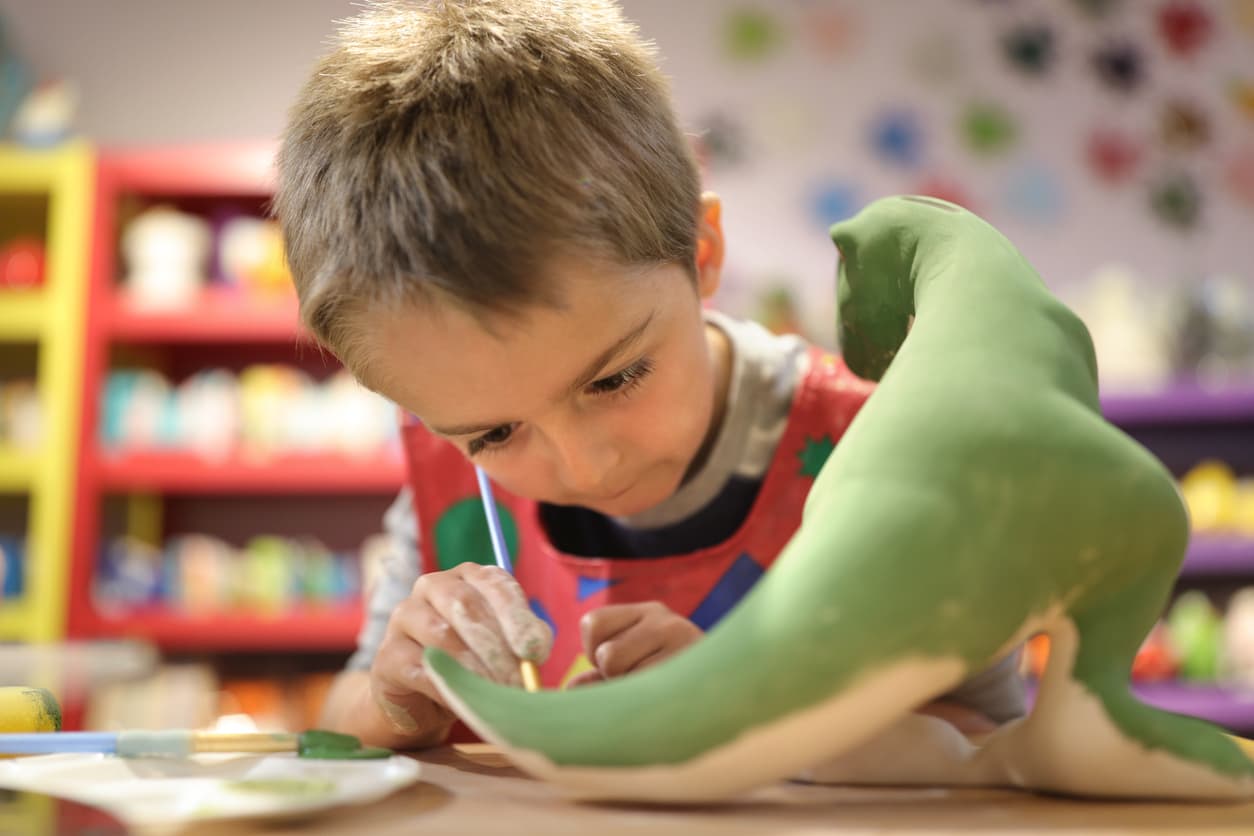4. What types of behavior is your child demonstrating?
Please select a value.
Your answers indicate that your child may be best treated in the Readiness program. This individualized, evidence-based program teaches young children skills they need to accelerate their learning and gain independence. Using imitation and naturalistic learning techniques, your child will develop useful skills in the areas of speech and language, cognition, and self-awareness. A program for children ages 0-3. *This is a suggestion based on the answers you submitted. Please contact Therapeutic Pathways at (209) 422-3280 to discuss which program would best suit your child.
Your answers indicate that your child may be best treated in the Foundations program. This program gives preschool and school-age children the structure to achieve important social, emotional, and intellectual milestones, helping them test within their peers’ range. With 25+ hours of applied behavior analysis (ABA) therapy per week, your child will develop social skills and better self-awareness for school and home. A program for children ages 4-7. *This is a suggestion based on the answers you submitted. Please contact Therapeutic Pathways at (209) 422-3280 to discuss which program would best suit your child.
Your answers indicate that your child may be best treated in the Breakthroughs program. Specifically designed for children who have limited hours due to school schedules, this program removes life barriers by developing communication, social, and self-help skills. We teach your child to engage in appropriate behaviors, helping them interact with peers and develop relationships. A program for children ages 8-11.
Your answers indicate that your child may be best treated in the Interactions program. Through guided social skills groups twice a week, this program helps improve social functioning in children ages 5 to 16. Parent or caregiver participation is crucial to this program; our certified staff provides training for successful participation.
Your answers indicate that your child may be best suited for the Independence program. Geared toward older children, this program includes more in-depth skills that will help your child function independently. Taught skills include functional communication, self-management, and financial literacy. A program for individuals ages 12-25. *This is a suggestion based on the answers you submitted. Please contact Therapeutic Pathways at (209) 422-3280 to discuss which program would best suit your child.
Your Child My Be Suited to Multiple Programs
Your answers indicate that your child may be best suited for the Independence program. Geared toward older children, this program includes more in-depth skills that will help your child function independently. Taught skills include functional communication, self-management, and financial literacy. A program for individuals ages 12-25. *This is a suggestion based on the answers you submitted. Please contact Therapeutic Pathways at (209) 422-3280 to discuss which program would best suit your child.
Your answers indicate that your child may be best suited for the Strategies program. The most age-encompassing of our programs, the goal of Strategies is to reduce challenging behaviors and issues with aggression. These behaviors interfere with independence and community participation, so we work to mitigate those challenges and encourage safe, appropriate behavior for individuals of any age. *This is a suggestion based on the answers you submitted. Please contact Therapeutic Pathways at (209) 422-3280 to discuss which program would best suit your child.
Your answers indicate that your child may be best suited for the Strategies program. The most age-encompassing of our programs, the goal of Strategies is to reduce challenging behaviors and issues with aggression. These behaviors interfere with independence and community participation, so we work to mitigate those challenges and encourage safe, appropriate behavior for individuals of any age. *This is a suggestion based on the answers you submitted. Please contact Therapeutic Pathways at (209) 422-3280 to discuss which program would best suit your child.
Your answers indicate that your child may be best suited to the Breakthroughs or Interactions programs. These programs treat similar symptoms, so Therapeutic Pathways will need to meet with you and your child before we can place them within the appropriate program.
Specifically designed for children who have limited hours due to school schedules, Breakthroughs removes life barriers by developing communication, social, and self-help skills. We teach your child to engage in appropriate behaviors, helping them interact with peers and develop relationships.
Through guided social skills groups twice a week, Interactions helps improve social functioning in children. Parent or caregiver participation is crucial to this program; our certified staff provides training for successful participation.
*This is a suggestion based on the answers you submitted. Please contact Therapeutic Pathways at (209) 422-3280 to discuss which program would best suit your child.
Your Child My Be Suited to Multiple Programs
Your answers indicate that your child may be best suited to the Breakthroughs or Interactions programs. These programs treat similar symptoms, so Therapeutic Pathways will need to meet with you and your child before we can place them within the appropriate program.
Specifically designed for children who have limited hours due to school schedules, Breakthroughs removes life barriers by developing communication, social, and self-help skills. We teach your child to engage in appropriate behaviors, helping them interact with peers and develop relationships.
Through guided social skills groups twice a week, Interactions helps improve social functioning in children. Parent or caregiver participation is crucial to this program; our certified staff provides training for successful participation.
*This is a suggestion based on the answers you submitted. Please contact Therapeutic Pathways at (209) 422-3280 to discuss which program would best suit your child.
Strategies
Your answers indicate that your child may be best suited for the Strategies program. The most age-encompassing of our programs, the goal of Strategies is to reduce challenging behaviors and issues with aggression. These behaviors interfere with independence and community participation, so we work to mitigate those challenges and encourage safe, appropriate behavior for individuals of any age. *This is a suggestion based on the answers you submitted. Please contact Therapeutic Pathways at (209) 422-3280 to discuss which program would best suit your child.

 Listen to Our Podcast
Listen to Our Podcast
